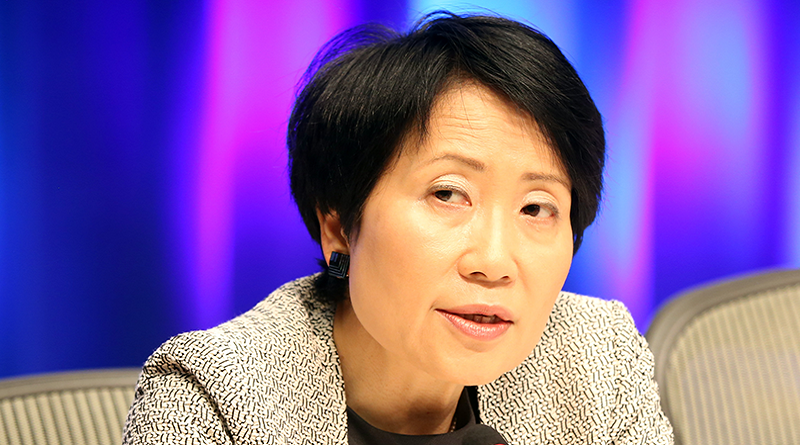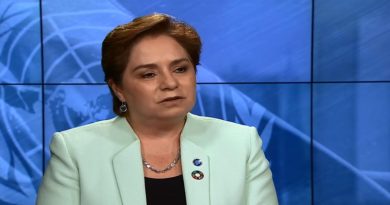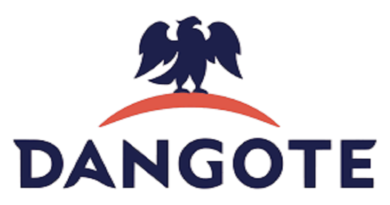9th GEF Biennial International Waters Conference opens in Marrakech
The 9th Global Environment Facility Biennial International Waters Conference (IWC) opened in Marrakech, Morocco on Monday November 5, 2018 where participants will discuss crucial issues about how to sustain international cooperation regarding the conservation and sustainable use of freshwater and marine resources.
The participants will discuss crucial issues about how to sustain international cooperation regarding the conservation and sustainable use of freshwater and marine resources.
The conference, which opened under the high patronage of His Majesty, King Mohammed VI of Morocco, will bring together some 300 participants from around the world — including representatives of beneficiary countries, non-governmental organizations, transboundary management institutions, UN Agencies, the private sector, and the GEF—to discuss crucial issues about how to sustain international cooperation regarding the conservation and sustainable use of freshwater and marine resources.
Oceans are vital for regulating the climate, maintaining biodiversity, and providing global food security; in short, oceans make the Earth habitable for humankind. At the same time, transboundary water resources, whether rivers, basins, or aquifers, link populations of neighboring countries and support the incomes and livelihoods of billions of people. Careful management of these essential global resources is a key to a sustainable future, and will require deep and continuing international cooperation.
Yet, today, oceans are rapidly being degraded by pollution, ocean acidification, and overfishing. Almost 60% of fish stocks are estimated to be fully exploited, while coral reefs — home to 25% of all marine species — are particularly threatened. And our planet’s freshwater sources also face increasing pressure from population growth, pollution, food shortages, and a changing climate.
More than 80 countries are gathering in Morocco today to review ongoing responses to these challenges, and to chart new paths forward. Participants will discuss lessons from dozens of active projects under the conference theme, Sustaining International Waters Cooperation.
The IWC9 will feature visionary speakers, project learning clinics and campfire chats, participant-led workshops, lightning talks, small roundtable discussions, and a film festival. Discussion tracks will be devoted to building traction of the GEF’s foundational methodology, the Transboundary Diagnostic Analysis-Strategic Action Programme process, toward 2030 and beyond; to employing practices and tools for more informed decisions and better management of systems; and to incorporating transformational solutions for ensuring long-term sustainability of ongoing and new interventions.
The GEF occupies a unique position among international institutions working to help nations achieve Sustainable Development Goals 6 (Water and Sanitation) and 14 (Life below Water). While the GEF is not the financial mechanism for the SDGs, its activities produce global environmental benefits that play a role in achieving the aims of the SDGs, in particular the goals on climate action, life below water, and life on land, which reflect the GEF’s core mission. The inclusion of these three goals among the SDGs reflects the view that the survival of many societies, and of the biological support systems of the planet, is at risk.
The GEFs International Waters (IW) Focal Area also has a unique mandate: support transboundary cooperation in shared marine and freshwater ecosystems. The GEF has proven successful in building trust between states that often find themselves locked in complex and long-lasting marine resource and/or freshwater-use conflicts and achieving long-term benefits. Setting effective policy goals, coupled with investments, requires working at all scales, with a range of stakeholders in both the public and private sectors, and working across watersheds, from source-to-sea and beyond.
The IW Focal Area began operation in 1991. The cumulative IW portfolio consists of 359 projects with about US$1.9 billion of GEF grants and $12.6 billion in co-finance from countries, donors, NGOs, and the private sectorinvested in more than 170 GEF recipient countries. The IW portfolio has delivered substantive results and replicable experiences that can be scaled up and mainstreamed globally.
An essential component of the GEF’s mission to share and replicate successful investments is the IW Focal Area’s knowledge management mechanism, IWLEARN. It is an invaluable tool for helping countries achieve the SDGs and is critical to the success of the IWC as well. GEF is committed to strengthening IWLEARN by ensuring stronger links to the private sector and civil society in general. The IWC is the signature learning event for the GEF International Waters portfolio of projects, and is coordinated by IWLEARN (www.iwlearn.net).
Previous IWC’s have been held in Sri Lanka, Hungary, China, Brazil, South Africa, Croatia, Australia, and Barbados. The IWCs build linkages between projects that span different but linked transboundary water ecosystems, such as rivers, lakes, aquifers, Large Marine Ecosystems, and Open Oceans.
The GEF unites 183 member countries — in partnership with international institutions, non-governmental organizations, and the private sector — to address global environmental issues. An independent financial organization, the GEF provides grants to developing countries and countries with economies in transition, for projects related to biodiversity, climate change, land degradation, the ozone layer, persistent organic pollutants, and international waters. These projects benefit the global environment, linking local, national, and global environmental challenges and promoting sustainable livelihoods.




